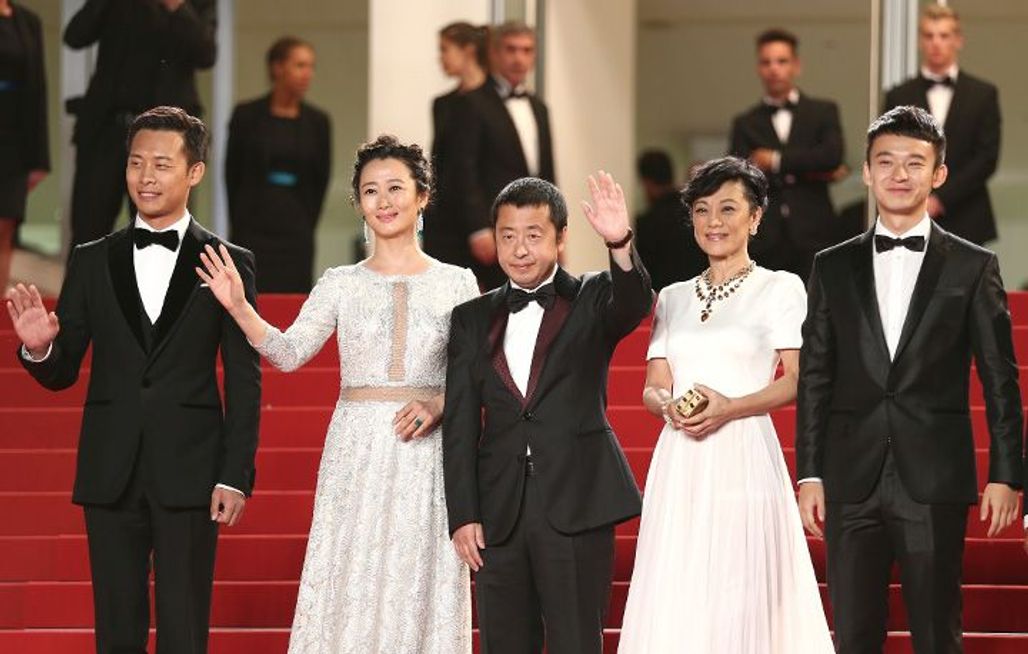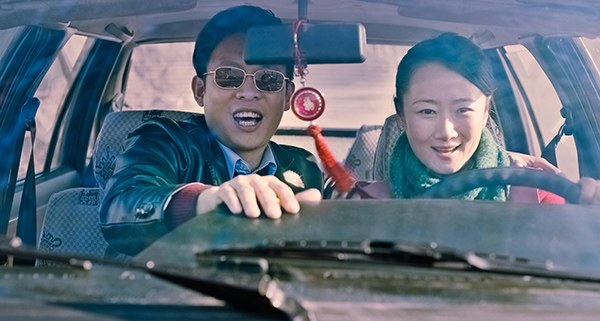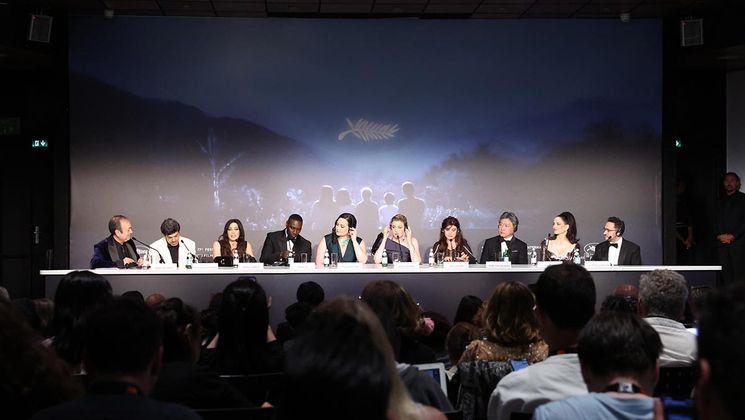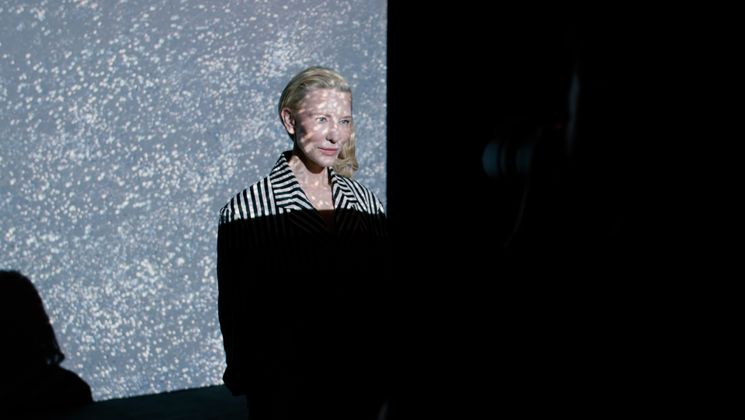
COMPETITION – Jia Zhang-Ke, spectator as time passes in Shan He Gu Ren (Mountains May Depart)

Shan He Gu Ren. If the title were to be translated, it would be “Old friends are like the mountain and river.” In short, immutable. But the passing of time can alter the rock and Jia Zhang-Ke, in Competion for the fourth time, is witness to this.
Film still © RR
Twenty-five years in the story of Tao and her two suitors. The first, Zhang, is socially well-off while the second, Lianzi, is a common worker. From 1999 to a not-too-distant future, the young girl will ask herself: Who do I choose? And what are the consequences?
Shan He Gu Ren (Mountains May Depart), starts as a study in technique. Throughout his career, Jia Zhang-Ke has accumulated images of landscapes and settings, recorded as if taking notes. He began in 2001 with his first camera, and in 2011 continued with an Arriflex Alexa. Jia Zhang-Ke observes that, “Bringing together these two groups from ten years apart gave me the idea for the film. I was struck by how long ago the images from 2001 seemed, as if they were of a vanished world.”
The filming reproduced this experience. The shooting technique evolves as the story progresses through time, and the angle widens throughout the film: 1.33 at the start, and then larger with the Alexa (1.85), until finally an anamorphic lens is used to give space another dimension.
The passing of time changes both the look and the relationships. “In daily Chinese life, I notice a profound decline in mutually committed relationships, and this also affects our memories,” the director states. The film spans the years over the course of a trip to Australia. By perpetually moving, are they moving away from each other? “Everything can come undone,” Jia Zhang-Ke concludes, “even mountains may depart.”
Tarik Khaldi
SCREENINGS
Wednesday 20 May / Grand Théâtre Lumière / 11:30 am – 9:30 pm
>> Access the interactive agenda



